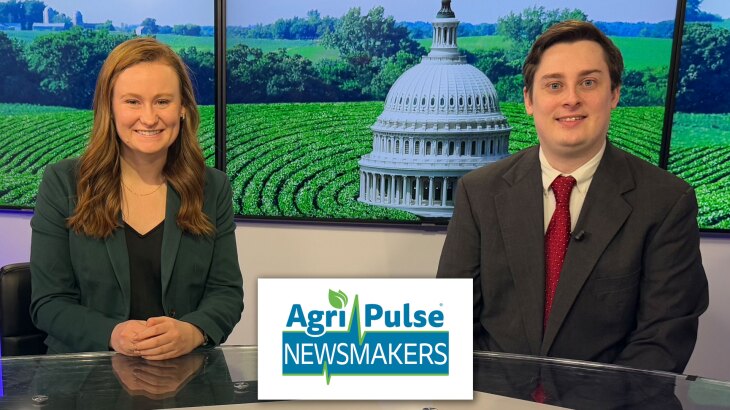As many unanswered questions remain about the recent outbreaks of High-Path Avian Flu (HPAI) H5N1 in dairy cattle, researchers are looking at many possible options on how the virus is being transmitted — including wastewater testing.
According to the pre-published results of a wastewater study conducted in Texas by researchers at Baylor University, wastewater from 10 cities across the state was tested. Of those samples, nine tested positive for HPAI.
The specific city names were not included in the study (researchers said these cities’ identities are masked at the request of local public health officials and water utilities), but the geographic spread encompasses areas across the state. In those places, 23 total samples were collected and 19 tested positive. A least one positive sample was collected from nine of the 10 cities where samples were collected.
Here is the researcher’s conclusion:
In conclusion, we report the widespread detection of Influenza A H5N1 virus in wastewater from nine U.S. cities during the spring of 2024. Although the exact cause of the signal is currently unknown, lack of clinical burden along with genomic information suggests avian or bovine origin. Given the now widespread presence of the virus in dairy cows, the concerning findings that unpasteurized milk may contain live virus, and that these two recent factors will increase the number of viral interactions with our species, wastewater monitoring should be readily considered as a sentinel surveillance tool that augments and accelerates our detection of evolutionary adaptations of significant concern.
Virome Sequencing Identifies H5N1 Avian Influenza in Wastewater from Nine Cities
Michael J. Tisza, et. al.
Read the full pre-published study:
NOTE: This article is a preprint and has not been certified by peer review [what does this mean?]. It reports new medical research that has yet to be evaluated and so should not be used to guide clinical practice.
Smaller cow numbers and a declining calf crop point to prolonged tight cattle supplies, limiting near-term herd rebuilding potential.
January 30, 2026 03:42 PM
·
The federal government’s status is far from the only factor moving the markets on Friday. Two critical reports released today on producer inflation and the status of the U.S. cattle herd are also top of mind.
January 30, 2026 12:51 PM
·
The changing political climate in America is leading to a drop in migrant crossings near the U.S.-Mexico border, where ranchers like Dr. Mike Vickers say they witnessed horrors from death to child trafficking.
January 30, 2026 11:47 AM
·
Record milk output looks strong today, but shrinking replacement numbers mean future supply adjustments could be faster and more volatile.
January 30, 2026 11:44 AM
·
Brent Graves of StockShowAuctions.com takes us to Grayson County to see the damage from a historic winter ice storm and what it will take to rebuild.
January 30, 2026 09:32 AM
·
Often overlooked, cotton wholesalers act as stabilizers during market stress, translating fragmented retail demand into workable production programs for mills and manufacturers.
January 30, 2026 08:00 AM
·
Strong blending demand continues to support ethanol use even as production and exports fluctuate.
January 30, 2026 07:00 AM
·
January 30, 2026 06:00 AM
·
Early indications suggest the U.S. cattle industry may be nearing the end of its liquidation phase. Oklahoma State University livestock economist Dr. Derrell Peel says the industry could be at or near the cyclical low.
January 29, 2026 12:44 PM
·





















